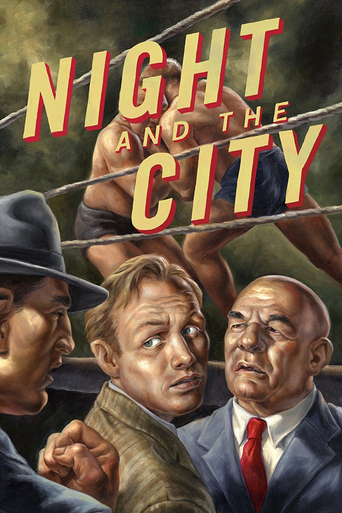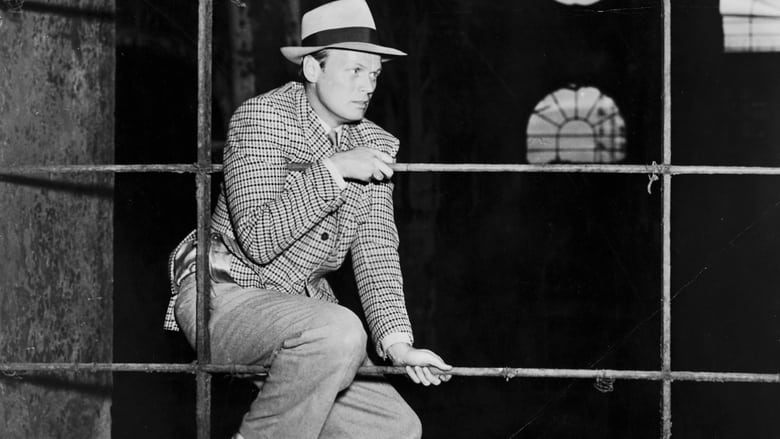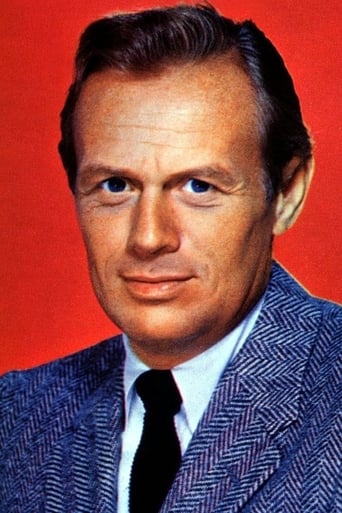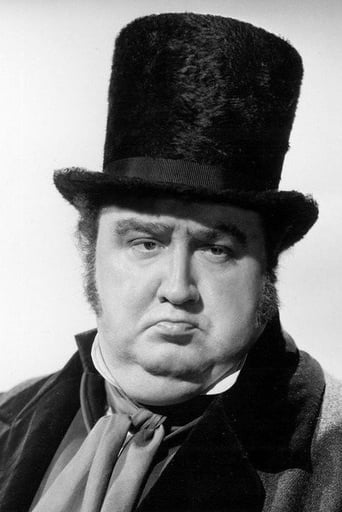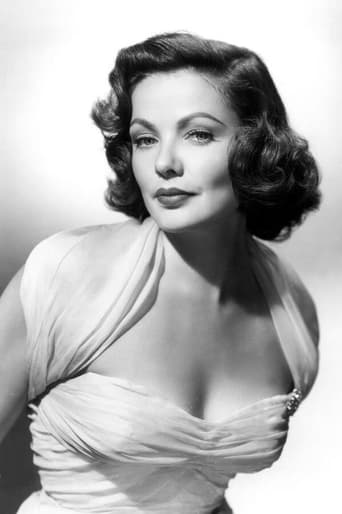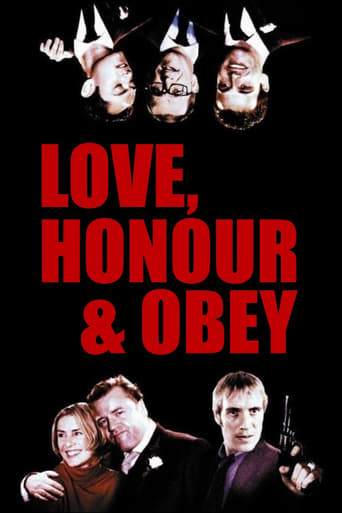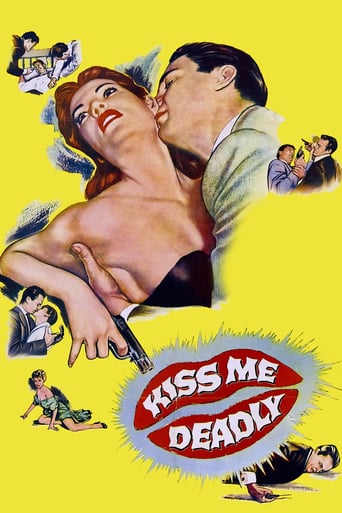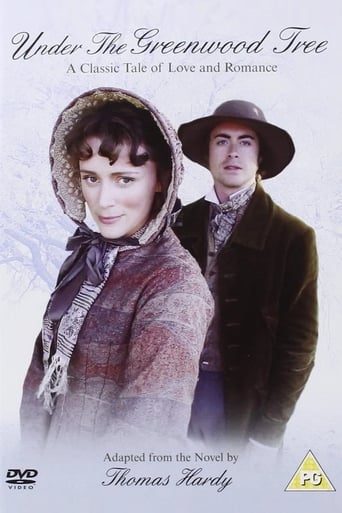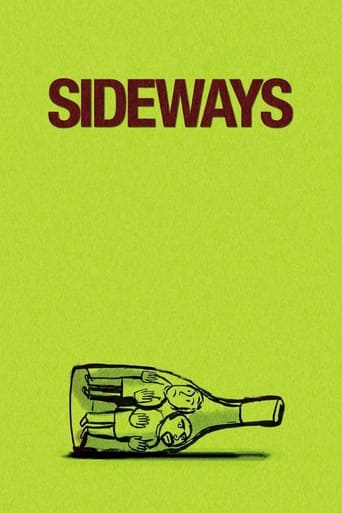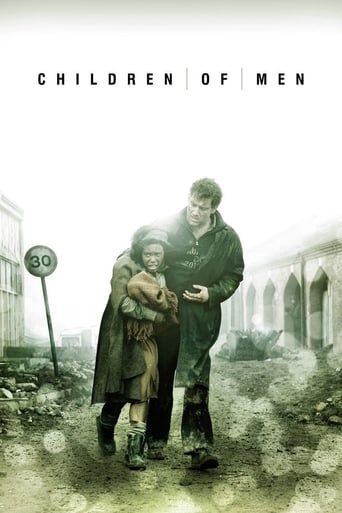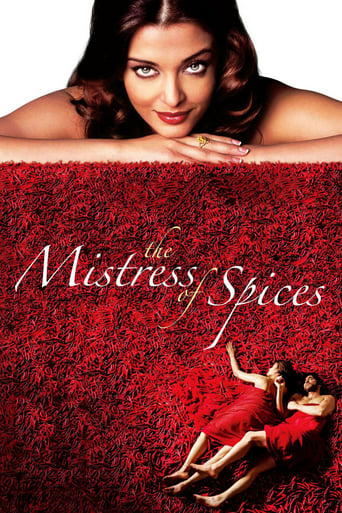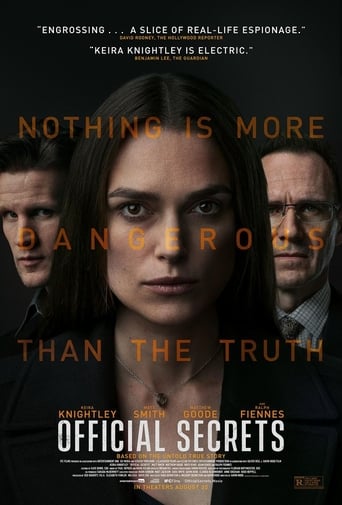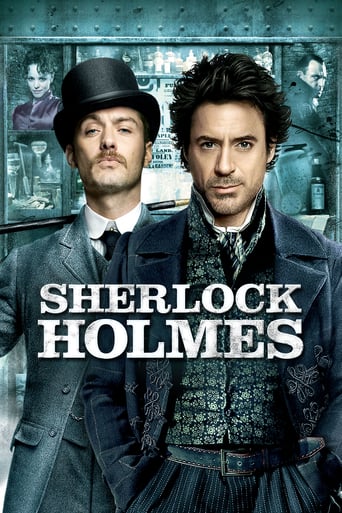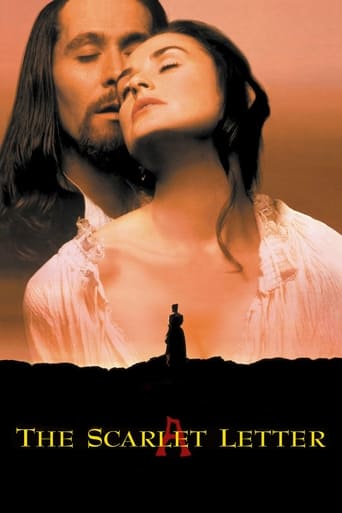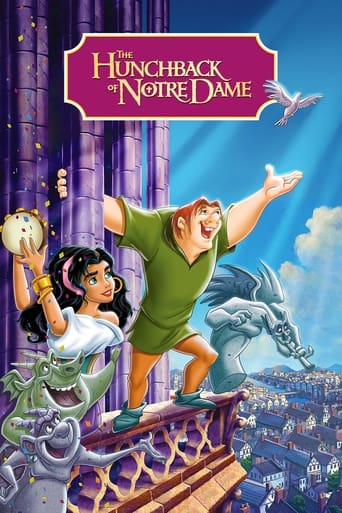Night and the City (1950)
Londoner Harry Fabian is a second-rate con man looking for an angle. After years of putting up with Harry's schemes, his girlfriend, Mary, becomes fed up when he taps her for yet another loan.
Watch Trailer
Free Trial Channels
Cast


Similar titles
Reviews
Terrible acting, screenplay and direction.
Good concept, poorly executed.
The movie really just wants to entertain people.
Story: It's very simple but honestly that is fine.
Well, this is for sure one of the coolest films I discovered in 2017. I was also discovering Gerald Kersh's writing at this time, and I read that there was a film based on his novel of the same name (which I still haven't read, incidentally), that some people considered a classic of noir. I expected good things, but the film in fact surpassed my expectations.Harry Fabian. Wow, you could talk quite a bit about a guy like this, and you probably know someone a bit like him. He's really bad news, yet somehow manages to be strangely, almost, likable despite himself. Maybe much of this is down to Richard Widmark's portrayal, which is manic and infectious, like that of an intense and earnest salesman, one who might surprise you sometimes by bursting into a silly song and hopping around with completely un-self-conscious glee. Apparently the book harry is nastier, but the thing is, when you get to the bottom of Widmark-Harry's schemes, he is really a rotten bastard and you know you should hate him for being such a user of people and an abuser of trust. Yet somehow, I think, you can't quite bring yourself to despise him as much as he obviously deserves, and I think that's interesting. Harry is always looking for the "next big thing", so he can get "in on the deal". He's full of big ideas. Most of them are total bullshit, but a guy like harry might just be able to string people along for long enough to get away with it, right under their noses, so to speak. You have to think, too, that the guy is probably kind of insane. There's that scene where Harry comes breathlessly into Mr. Nosseros's place, saying, "I'll control wrestling!", and Nosseros finds this so deleeriously crazy and amusing that he explodes with laughter right in Harry's face, and can't stop. Harry though -- he just keeps on talking, raising his voice to combat being laughed at, until he's shrieking! It's wild.So Harry is at the centre of all this, but there are actually a whole load of great, memorable characters in this thing. The fat, jovial and fiendish Mr. nosseros, for instance; his scheming, frustrated wife Helen; and, of course, the unforgettable Gregorius, played by real-life wrestling champion Stanislaus Zbyszko. Now, I like to imagine kersh was pleased with this movie (even though they apparently have changed quite a few things), and one of the reasons is Zbyszko's involvement. I like to think, as a fan of wrestling himself, he would have been chuffed that the old guy ended up in one of his stories. Well, Stanislaus Zbyszko supposedly never acted before, but he nailed this, utterly. His character is both tragic and extremely sympathetic; his death absolutely one of the most poignant things about this film, and the moment that marks Harry's going over the line and beyond redemption.Speaking of wrestling ... The Scene. If this kind of film isn't really your thing, I guess this one scene of Gregorius and "The Strangler" having it out is going to be the thing that'll stick in your mind. It's a hell of a scene, really, and goes on for several minutes. It's all done completely without music, and you can hear every grunt and smash, see every detail and almost *feel* the power of the struggle. It's incredibly visceral, I think, for an English/American film of 1950.Another interesting facet of this classic is that there are two versions. The American cut seems better in most respects, but i think the British one has superior music, and it also includes a great early domestic scene between Widmark and Gene Tierney that is rendered a perfunctory nothing in the American cut (actually it's a completely different scene). There's an informative documentary that comes on the DVD which explains a lot of detail about the two versions and how they differ. I'm a sucker for this kind of stuff, for some reason.The casting is of course great, and I haven't even mentioned some of the highlights of that aspect of the film. Only trouble is, a few of these people are dreadfully underused. I personally wouldn't have minded if the film were half an hour longer, but that's probably because I appreciate the world and characters of its creation so much. Besides, I can't really think the film would have been drastically improved by giving Gene more to do, for instance. Another thing I have to note is that there are probably a few too many Americans in the cast. Nothing's really wrong with that, of course, but the film is supposed to take place in (and indeed was shot in) England, and the juxtaposition of notable English performers with less-experienced American ones putting on an accent is a bit obvious. Don't worry though; Widmark just talks like Widmark and doesn't try to sound like a Brit.
This movie's an all right way to spend 95 minutes. I didn't find it to be great, or any kind of classic.It's a low-budget, 'b' movie from 1950. It's mostly about a lot of seedy characters in the underbelly of a big city, who mostly seem in a race to see who can stab each other in the back fastest. The lead character, Harry Fabian (Richard Widmark), is particularly unlikable, a hustling, get-rich-quick schemer who, at two low points, robs his own girlfriend's purse to finance his schemes.I did read in the liner notes the director didn't think much of this film, and I agree. It gets a little too obvious, too many times. Like Widmark. We get the idea he's pretty low the first time he tries to steal from his own gal's purse. Bringing that back a second time feels a little heavy-handed.I did feel a little bit sorry for Widmark at the end when he knows he's going to die, but not really a lot. I mostly felt relieved for his girlfriend's sake, who is played by Gene Tierney. I wish there were women nowadays who looked like Gene Tierney does here. There's still plenty of women being made; so maybe it's the period clothes or Hollywood cinematography. Or maybe just the way she carries herself, with a certain amount of class, dignity, and respect.Probably the most believable strain of the story is how she's also getting interest from a decent, and better-looking, guy (Hugh Marlowe), but she sticks with her unlovable rake, Widmark. That's a human trait that's all too recognizable.Widmark winds up strangled to death and having his corpse dumped in the river, so Tierney can shrug off her lovin' the bad boy chapter and run into Marlowe's arms, who's already running towards her waiting.If you think you're getting a 'film noir classic' with this, let me warn ya: except for some of the later ones, 'film noir' was definitely a genre after the fact. Some French film critics noticed a group of post-war Hollywood movies had some dark themes, and lighting and direction to match, and started calling them that. Until then, no one involved knew, at the time, they were making a 'film noir.' They tended to be low-budget crime dramas made, as usual, to try to make money. Apparently, the post-World War II audiences wanted something harsher, so movie makers gave it to 'em. It isn't until you get to the later ones called 'film noir,' like Orson Welles "Touch of Evil," that it really seems a conscious genre choice.
For a 1950 film with a title like "Night and the City", I was really expecting more in the way of the noir genre than what the picture delivers. It has some of those elements to be sure, but the story is set in London, and the idea that it veers off into pro wrestling territory seemed a bit bizarre to me. Since it did however, I was genuinely surprised to see an old time wrestling great featured prominently in the picture, Stanislaus Zbyszko. Zbyszko was a genuine mat star in the pre-TV era and a world champion who's name was highly regarded by fans the world over. He doesn't appear that imposing in the movie, but he was seventy one at the time and could still get pretty physical when he had to, as in the wrestling scene with Mike Mazurki. Pretty cool for that reason alone.The role of confidence man seems made to order for someone like Richard Widmark. He revives that sly Tommy Udo cackle from "Kiss of Death" in his characterization of Harry Fabian, the slick talking self-promoter who never misses a chance to hit up anyone in his vicinity for a quick loan on the way to his next big score. In his wake he leaves pretty girlfriend Mary as a bystander in his schemes, notably absent for most of the picture even though Gene Tierney is second billed right behind Widmark.It's the unintended consequences of Harry's haphazard plan to corner the London wrestling scene that keeps this film anchored with one foot in noir territory. It seems Harry's always on the run from one desperate situation to another, and when he crosses Herbert Lom's Kristo character by manipulating the father (Zbyszko), he sets himself up for a final dangerous confrontation. Through it all, Mary remains loyal, even though she had every reason not to be.Say, stay attentive and you'll catch that neat movie marquee that promotes "Escape Me Never" with Errol Flynn, Ida Lupino and Eleanor Parker. I'd be curious how Twentieth Century Fox managed to plug a Warner Brothers flick in one of their pictures but it was probably inadvertent. I think it's neat to catch stuff like that in old films; it makes watching them even more enjoyable.You know, I had a thought about the casting after this was over. Mike Mazurki did a pretty effective job as the Kristo henchman and pro wrestler Strangler in the picture. Back in Stanislaus Zbyszko's heyday there was another champion grappler by the name of Ed 'Strangler' Lewis. I'm not sure if they ever wrestled each other although it would have been likely since they were contemporaries. It would have been cool to see Zbyszko against the 'real' Strangler here; I wonder if anyone thought of it.
I waited many years to see this film that had been given new life by a reassessment of the film noir period. "Night and the City" became one of those must-see films which was difficult to catch through normal channels. Luckily, NetFlix recently added it to their list of streaming films and I was overjoyed by the prospect of screening this film. However, as I watched "Night and the City," a gnawing feeling in the pit of my stomach told me something was amiss. Did I have the wrong film? Was the hyper overplayed about this little B&W ditty? Was this film as mediocre as I was making it out be? Well, I did have the right film, but my suspicions were correct in the other two areas. "Night and the City" has some redeeming graces such as excellent photography and some very good performances. But the film's story is pure B-picture hokem. Although it has been "revisited" by the film noir crowd, I think the New York Times original review of the film still stands"Bosley Crowther in The New York Times: "Dassin's evident talent has been spent upon a pointless, trashy yarn, and the best that he has accomplished is a turgid pictorial grotesque...he tried to bluff it with a very poor script—and failed...the screenplay is without any real dramatic virtue, reason or valid story-line...little more than a melange of maggoty episodes having to do with the devious endeavors of a cheap London night-club tout to corner the wrestling racket—an ambition in which he fails. And there is only one character in it for whom a decent, respectable person can give a hoot."I agree completely with this assessment, in fact, I labored to sit through the entire film. It's simply a waste of good direction, acting and atmosphere thrown away on a pointless story. I appreciate the efforts of recent critics to restore the prominence of little films important in the development of the cinema, but this little film noir "gem" is in actuality, a faux stone. One is tempted to make comparisions between it and "The Third Man" (for atmospherics) but "The Third Man" was scripted by the brilliant Graham Greene, while "Night and the City" is more reminiscent of a desperate Bowery Boys plot line than Mr. Greene's thoughtful entertainments.

